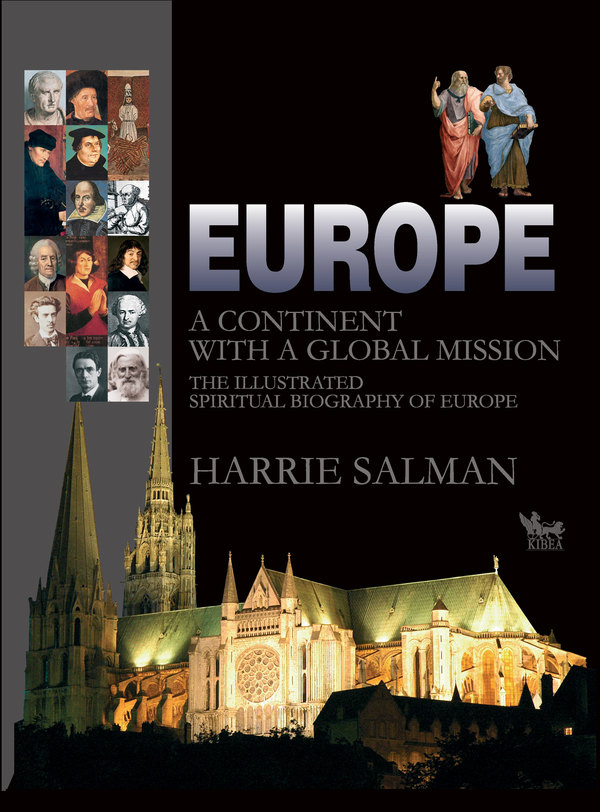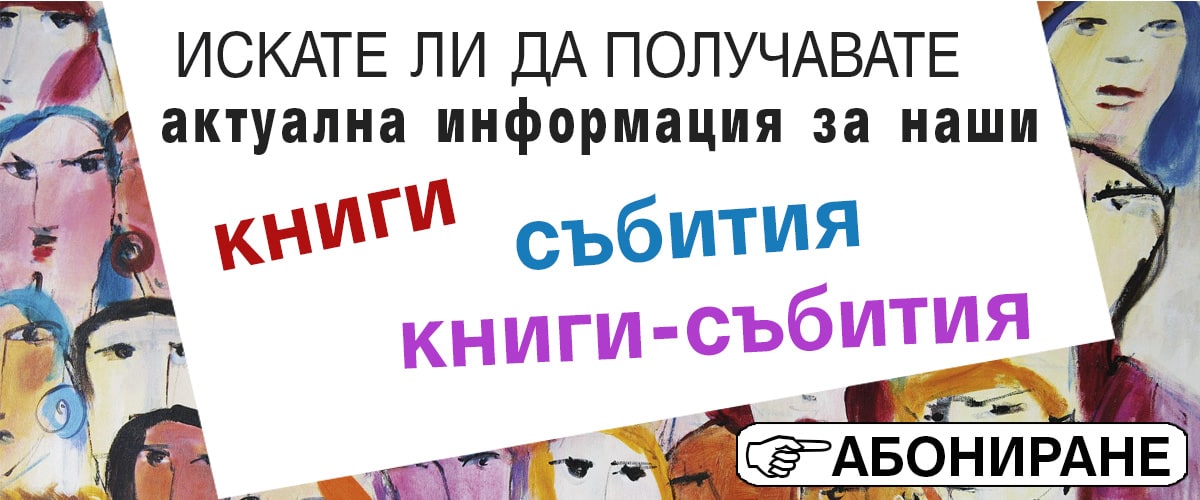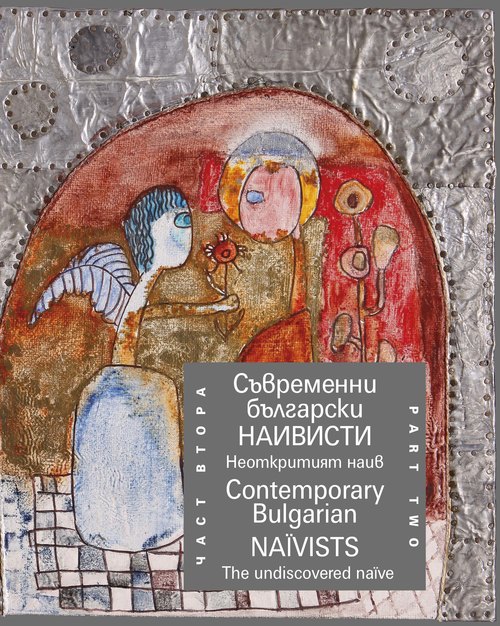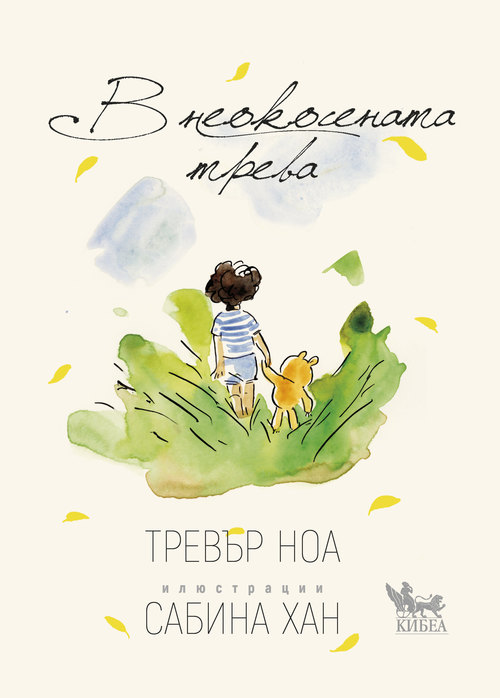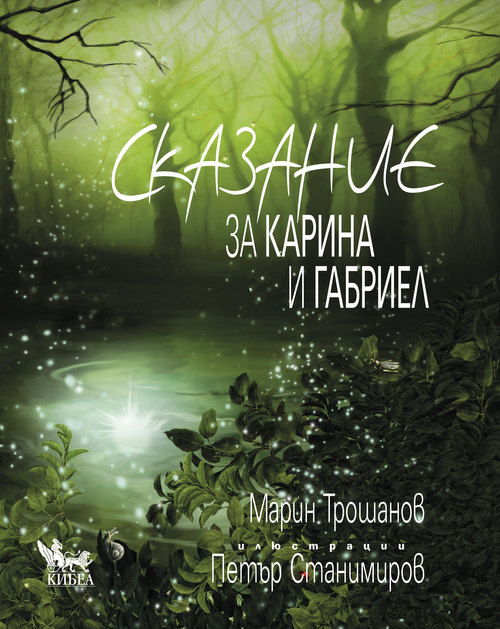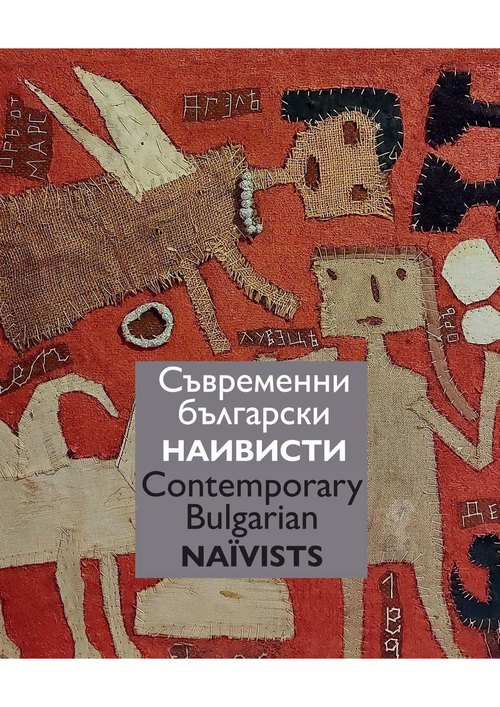This book offers an analysis of European history that is distinct from the usual way of looking at history. As a spiritual history of Europe, it describes historical developments from a spiritual perspective. This perspective is informed by the following assumptions:
• In the past, spiritual centres (known as ‘mystery centres’) existed where people learned to communicate with the spiritual beings guiding human development.
• These spiritual beings are not extra-terrestrials, but members of the angelic hierarchies known in all spiritual traditions as gods and goddesses.
• Human culture is an educational project in which people pass through particular learning processes. Spiritual beings working out of the sphere of the Sun, according to esoteric Christianity led by Christ, were the initiators of this project. In pre-Christian cultures, they were venerated as Sun gods.
• After a catastrophe in Atlantis, which according to Egyptian priests took place about 12,000 years ago, a new cycle of cultures began of which our present European culture is a part.
• The development of European culture takes place in phases comparable to the seven-year life phases of human individuals. These phases of historical development last about 700 years.
• Human consciousness changes in the course of historical development. This creates new possibilities of communication and co-operation with spiritual beings.
• The present crisis of European culture may lead to the decline of Europe, but it can also serve as a wake-up call to people who feel connected to the goals of European culture.
The 20th century has shown that the soul of Europe is considerably out of balance. The male forces of intellectual, materialistic thinking and egoistic action, centred in Western Europe but spread all over the continent, became dominant, while the female forces, centred in Eastern Europe, have been weakened. The dramatic developments that led to the division of Europe through the Iron Curtain paralysed the harmonizing forces of Central European culture, in which Germans, Slavs, Hungarians and Jews had lived together for a millennium. This culture contributed significantly to the cultivation of heart qualities and spiritual values in personal and social life. Its destruction is reflected in the loss of the harmonizing forces of the human heart and the increasing disintegration of human personality and society.
Since the breakdown of the Curtain in 1989, the heart of Europe has to be revived. In the present conditions, this is not possible because Europe lacks a sense of mission and a sense of community. A renewal of spirituality is needed in which essential but neglected aspects of the human personality such as female qualities, heart qualities and the light and dark realms of the unconscious can be integrated through the force of our individuality. In the biography of Europe, the time has come to turn from material wealth to spiritual values and from egoism to the impulse of love.
The realization of this impulse is the task of the next cultural epoch which is expected to unfold in the Slavic world, if the soul of Europe can be healed. The healing process began in 1899 with the birth of a new spirituality in Central Europe, Bulgaria and elsewhere. It takes place in circles where a new spiritual consciousness develops. Here, human intelligence is applied to fulfilling the essential tasks of our time, which are to live consciously, to create new forms of community and to live in harmony with nature. Since the crisis of European culture in the 20th century, this work has been done by creative individuals worldwide. They are the citizens of a new spiritual Europe.
In the distant past, culture was created by initiates who received instruction from spiritual beings. Beginning with Greek culture, their place was taken by gifted leaders in every area of human activity. In our time, all individuals can develop the full potential of their intelligence and open themselves to inspirations from spiritual beings in their higher consciousness. This exploration of our intelligence and consciousness, which is the unique fruit of 4,000 years of European history is the source of the culture of the future. It has been undertaken by a growing number of culturally creative people – among them followers of Rudolf Steiner and Peter Deunov, the former dissidents of Central and Eastern Europe and those involved in European civil society movements. Everybody can join them in the creation of a new Europe that will defend the interests of humanity in global society and of a new science that will unite the exploration of the material world with the development of spiritual consciousness.
I dedicate this book to Ivan Illich (1926-2002), a modern prophet and radical critic of the modernization process. Since the early 1970s, his books on the paradoxes of modern life (in the areas of economic development, medicine, education, transportation, professional care) have been a source of inspiration for me. His call for new lifestyles within which friendship and love can be practised shows the way to a humane and authentic culture. After two thousand years of Christianity, it is often thought that we now live in a post-Christian world. But the essence of Christianity, which is the impulse of love, has not yet been incorporated into modern culture. Illich argued that our modern disciplined society is the outcome of a process in which the Church attempted to organise the Kingdom of God within the existing society. In his view, the modern world with its institutionalised religion, science and technology, centralized and hierarchical institutions, and a marketeconomy based on unrestrained self-interest, can be seen as a perversion of Christianity.
The 20th century has, however, also seen the rise of a new spiritual understanding of Christianity, of holistic approaches that transform materialistic science, of new organisations based on the free co-operation of individuals that replace outdated bureaucratic institutions, and of a global consciousness that turns the force of the ego from a socially destructive power into a beneficial one.
In my view, this growing cultural and social activity within civil society can be understood as a new phase in the development of esoteric Christianity, which in the past also inspired significant cultural and social changes. It is the expression of the beginning of a new phase in European culture, to be realised by free and creative individuals. They understand the meaning of the great educational project of human culture in which people take responsibility for the development of their inner lives, and for the way in which our inner life expresses itself in the social world we are creating together.
HARRIE SALMAN, PH. D.

